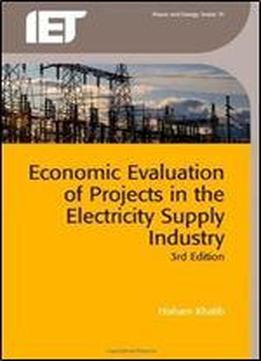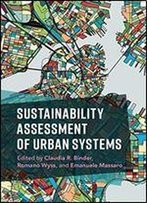
Economic Evaluation Of Projects In The Electricity Supply Industry (energy Engineering)
by Hisham Khatib /
2014 / English / PDF
5.4 MB Download
In the highly capital-intensive electricity supply industry, it is essential that both engineers and managers understand the methodologies of project evaluation in order to comprehend and analyse investment proposals and decisions. This updated and expanded edition of Economic Evaluation of Projects in the Electricity Supply Industry takes a broad introductory approach, covering planning and investment, financial analysis and evaluation, risk management, electricity trading, and strategies, technologies, national requirements and global agreements for electricity generation in a carbon-constrained world.
Developments covered by this new edition include the changing mix of fuels in the power generation sector, greater involvement of the private sector in power generation investments through independent power producers, the important role of regulations, the growing interest in clean electricity generation, the economics of investing in renewables, the introduction of smart grids and intelligent meters and networks, and cyber security.
Economic Evaluation of Projects in the Electricity Supply Industry, 3rd Edition is essential reading for academic and industrial engineers and economists concerned with energy supply, students of energy economics and planning, industry planners and project managers, and government and regulatory officialsThe updated and expanded edition of Economic Evaluation of Projects in the Electricity Supply Industry takes a broad introductory approach to outline the evolving methods of project evaluation in the electricity supply industry.
In addition to market and environmental issues, financial analysis and evaluation, clean environmental technologies and costs and new energy trends, this new edition now covers the changing mix of fuels in the power generation sector, greater involvement of the private sector in power generation investments through independent power producers, the important role of regulations, and the growing t in clean electricity generation. It also reviews the economics of investing in renewables, introduction of smart grids and intelligent meters and networks and cyber security.










